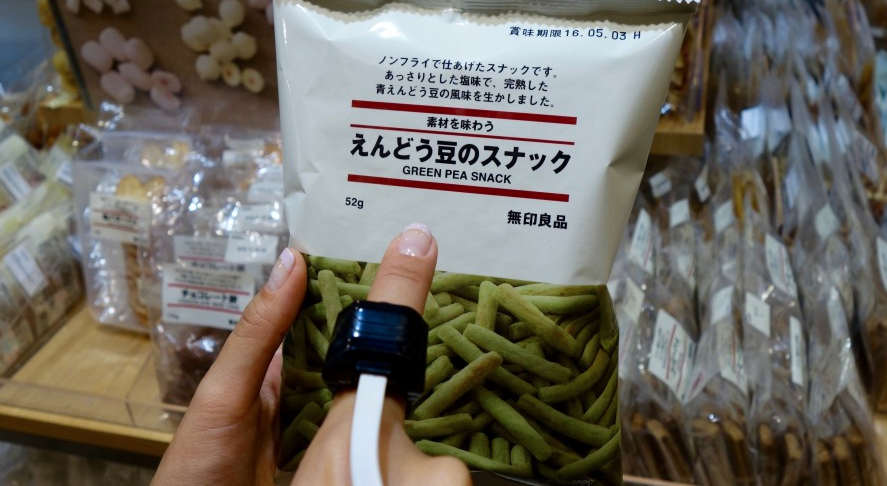Unleash Space’s Darsel Keane on why creativity and innovation are diverse and inclusive, not exclusive

There’s no shortage of creativity in Auckland, at least if the statistics are anything to go by.
Half of all people employed in the creative sector in New Zealand are based in Auckland, and the sector is made up of 10,000 businesses – totalling 5.4 percent of total businesses in the city. It also generates $2.8 billion in GDP and employs close to 31,000 people.
The sector has also achieved year-on-year growth of 2.2 percent in terms of employment between 2000 and 2016, which is almost as much as the total Auckland economy, which currently sits at 2.3 percent.
Chief executive of Auckland Tourism, Events and Economic (ATEED) Nick Hill says New Zealanders have a global reputation for being creative and inventive.
“New Zealanders have a reputation for being creative and inventive,” Hill says. “We saw this with the cycling sailors or cyclors in Emirates Team New Zealand’s victory in the America’s Cup in Bermuda last year. Over the years, we have watched New Zealanders collect a total of 24 Oscars at the Academy Awards – from best acting, art directing, costume design to best music, writing and visual effects.”
“We have seen Auckland and other parts of the country become favoured locations for international television and feature film productions. We have seen gaming developed in Auckland become global smartphone and online hits. Auckland’s game studios were early leaders in digital distribution and free-to-play business models, focusing on mobiles and personal computers. One of the studios, Grinding Gear Games, createdPath of Exile which became GameSpot’s PC Game of the Year in 2013 and has more than 15 million players around the world. Another studio, Ninja Kiwi, developed the Bloons franchise which has consistently become one of the top grossing smartphone series in the world.”
In order to celebrate Aucklanders’ talents for creativity, ATEED, the Centre for Innovation and Entrepreneurship, the Creative Thinking Project, WeCreate and Unleash Space hosted an event at Techweek called Changing the World with Creativity and Innovation.
It was the first time this event was held at Techweek, and associate director of Unleash Space Darsel Keane says the idea for it was inspired by a massive interest shown by students in social innovation and entrepreneurship.
“Over the last three years, in any of our programmes [at the Centre for Innovation and Entrepreneurship] we’ll see around a third to a half – depending on how you define a social enterprise – of students have ideas that focus on making a positive difference, which may be for profit or not-for-profit. The business ideas often have a strong social, environmental or community lens, so it’s definitely a strong growth area for students,” Keane says.
She says the point of holding the Changing the World with Creativity and Innovation event was to empower and inspire the student community.
“They hear lots of buzzwords like 3D printing, AR/VR and creativity, but that link is hard to make in terms of what it means for them and how they harness it,” Keane says. “We empower them by giving them examples of people who are doing amazing things.”
But she says more importantly, the diversity on display through the panel sent a message to the students.
The speakers included Auckland Bioengineering Institute associate professor and director of the Augmented Human Lab Suranga Nanayakkara, Southside Rise’s Dr Michelle Johannsson and University of Auckland Soul Capital’s Dr Deb Shepherd.
All are working to create social change across their industries and come from different backgrounds (technology, theatre and investing) but all have one goal: to make a positive change in the world and improve people’s quality of life.
Keane says Nanayakkara was inspired to create products that enable accessibility because he used to be unable to read English, so when he learnt about computers, the technology wasn’t accessible to him.
 Suranga Nanayakkara
Suranga Nanayakkara
This led him to founding the Augmented Human Lab to explore ways of creating human-computer interfaces that are a natural extension of our minds, bodies and behaviour, as well as create sensory augmentation that enhances human perception.
A lot of the work is focused on innovating for those who suffer from hearing or vision problems, as Nanayakkara believes while technology has been great for most, it has excluded those who are impaired.
“We believe smart devices should be more inclusive, and assistive devices deserve more design and innovation. The low demand for assistive devices has led to high cost and little innovation. While mobile phones have gotten smarter with each passing day, assistive devices like the white cane for the blind, have pretty much remained the same all these years,” the Augmented Human Lab says on it site.
An example of innovating to solve this problem is Augmented Human Lab’s FingerReader technology, which Nanayakkara created as a wearable, it helps people with vision impairments point at products or words (such as book spines in a library) and have the results spoken back to them.

Another inspiring speaker was Soul Capital director Dr Deb Shepherd. Soul Capital is an impact investment organisation that invests in social enterprises and businesses in New Zealand and further abroad to create social and environmental impact alongside financial returns.
Dr Michelle Johannson was another speaker, and was the driving force behind South Auckland theatre show Southside Rise. The show helped young Maori and Pacific students share their personal stories through dance, song and movement, as well as learn leadership skills.

Dr Michelle Johannson
Keane says she hope attendees identified with some of the panel and saw what they could be capable of.
“I hope they leave the event knowing they can make a difference and they’re creative and innovative people, even though they might not have put that label on themselves,” she says. “Because we’ve got a diverse representation of what creativity and innovation looks like, it empowers them to do something with those skills.”




